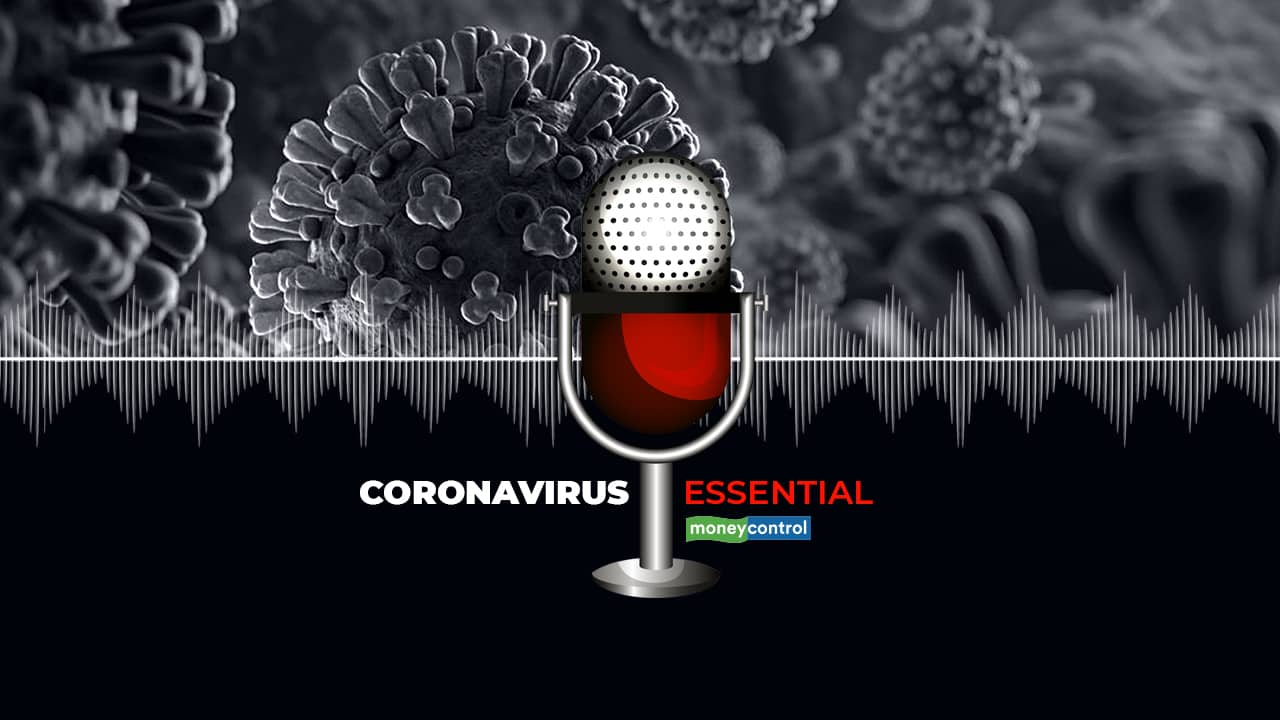Even as domestic flights in India have resumed since the beginning of Unlock 1.0, passenger trains may not resume till mid-August, reports suggest. Fearing coronavirus spread during train travel, Indian Railways has recently intimated that all tickets purchased on or before April 14 will be refunded.
Meanwhile, experts have questioned Patanjali Ayurved's claims of finding an ayurvedic COVID-19 drug, due to insufficient clinical trial data and scientific evidence furnished by the company.
Tune in to Coronavirus Essential with Sakshi Batra for the top pandemic news.
Discover the latest Business News, Sensex, and Nifty updates. Obtain Personal Finance insights, tax queries, and expert opinions on Moneycontrol or download the Moneycontrol App to stay updated!










